All in-person data collection for FEHNCY is currently on hold to comply with the physical and social distancing recommendations issued by the provincial and federal governments. The FEHNCY team will be conducting remote only data collection and will continue modifying the project methods, timeline, and protocols in collaboration with First Nation partners to adapt to the current circumstances. The mobile clinic component has been postponed until further notice.
THE TEAM
PRINCIPAL INVESTIGATORS
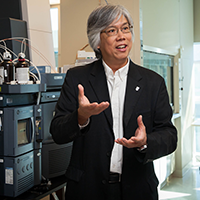
Dr. Laurie Chan
University of Ottawa
(613)-562-5800 ext. 7116
laurie.chan@uottawa.ca

Dr. Malek Batal
Université de Montréal
(514)-343-6111 ext. 35177
malek.batal@umontreal.ca
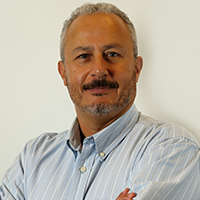
Dr. Tonio Sadik
Assembly of First Nations
(613)-241-6789 ext. 280
tsadik@afn.ca
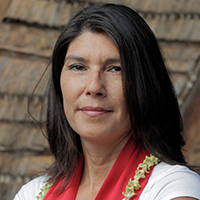
Dr. Treena Delormier
Department of Human Nutrition and Centre for Indigenous Peoples’ Nutrition & Environment
McGill University
(514)-398-7705
treena.delormier@mcgill.ca

Dr. Mélanie Lemire
Department of Social and Preventive Medicine
Université Laval
(1418)-525-4444, ext.81967
Melanie.Lemire@crchudequebec.ulaval.ca
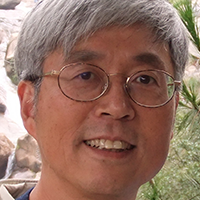
Dr. Jiping Zhu
Environmental Health Science and research Bureau, Health Canada
(613)-791-2361
Jiping.Zhu@canada.ca

Dr. Tom Kovesi
Department of Paediatrics
University of Ottawa
(613)-737-7600 ext. 2868
kovesi@cheo.on.ca

Dr. Geneviève Mercille
Professor of Nutrition
Université de Montréal
(514)-343-6111, ext. 28841
genevieve.mercille.1@umontreal.ca
Irving Leblanc
Director of Housing, Infrastructure and Emergency Management
Assembly of First Nations
(613)-241-6789 ext. 386
ileblanc@afn.ca

Dr. Richard Bélanger
Pediatrician/Adolescent Medicine
Faculty of Medicine
Université Laval
(418)-654-2282
www.santedesadolescents.com
richard.belanger@chudequebec.ca
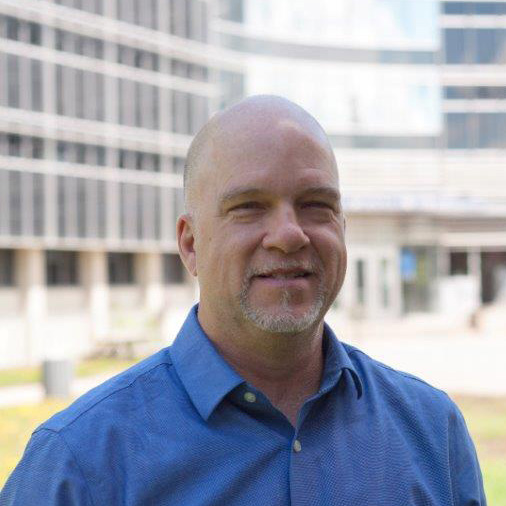
Dr. Pierre Ayotte
Department of Social and Preventive
Université Laval
(1418)-525-4444 ext. 81975
pierre.ayotte@crchudequebec.ulaval.ca
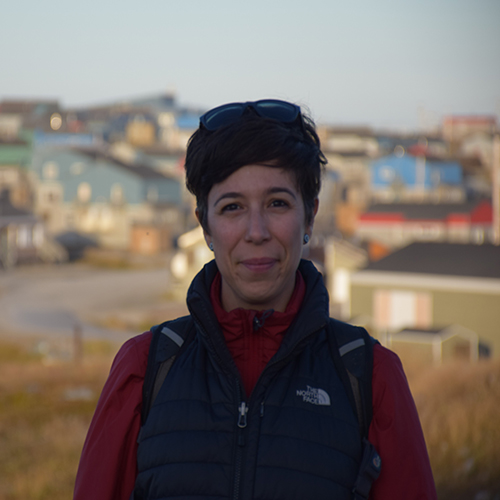
Dr. Mylène Riva
Department of Geography
McGill University
(514)-398-6331

Dr. Brittany Wenniserí:iostha Jock
McGill University
Postdoctoral Researcher
Affiliation: Department of Human Nutrition and Centre for Indigenous Peoples’ Nutrition & Environment
brittany.jock@mcgill.ca
COMMUNITY PARTNERS
Three main types of researchers will be hired from each First Nation to help conduct the study:
Community Research Manager (CRM): is the key link between the study staff and the community. Responsibilities include: training and supervising the Community Researchers during the data collection period as well as coordinating the community mobilization activities.
Community Researcher (CR): community members who are hired and trained to recruit participants, administer survey questions as well as conduct interviews and group discussions.
Household Inspector (HI): community members who are hired and trained to conduct the home inspections, including home exteriors and interiors, administering survey questions, installing indoor air quality monitors and collecting house dust samples.
COMMUNITY ADVISORY CIRCLE
Community Advisory Circle: Members of the participating First Nation will form a committee to advise on all project matters. They will also be asked to reflect on the meaning of the results for their community and determine how the results can be best used to address important local health and environment issues.
FEHNCY ADVISORY BOARD
The purpose of the advisory board is to bring unique leadership, knowledge and connections which augment the knowledge and skills of the FEHNCY Principal Investigators in order to more effectively guide the study in a way that is sensitive and attentive to the needs of First Nations people. The Advisory is made up of regional First Nations leaders and academics, including youth, government representatives, and representative FEHNCY PIs. The Board will meet twice a year.
Members of the FEHNCY Advisory Board 2020-21:
Jonathan Dewar
CEO, First Nations Information Governance Centre (FNIGC)
Kluane Adamek
Regional Chief Yukon; Chair - AFN Advisory Committee on Climate Action and the Environment (ACCAE)
Connor Martin and Justen Peters
AFN National Youth Council (NYC) Representatives
Jarvis Googoo
Associate Director of Health, Atlantic Policy Congress of First Nations Chiefs Secretariat (APC)
Evan Adams
Deputy Chief Medical Officer, First Nations Inuit Health Branch (FNIHB)
Cheryl Khoury
Environmental and Radiation Health Sciences Directorate, Health Canada
OUR STAFF

Lynn Barwin
University of Ottawa
FEHNCY Project Manager
lbarwin@uottawa.ca

Amy Ing
Université de Montréal
Senior Research Coordinator
amy.ing@umontreal.ca
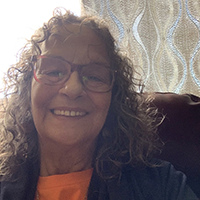
Tess Lalonde
Community Research Engagement Liaison
Kanehsatake, QC

Milena Nardocci Fusco
Université de Montréal
FEHNCY Data Analyst
milena.nardocci.fusco@umontreal.ca

Rhiannon Ng
University of Ottawa
FEHNCY Housing and Air Quality Coordinator
hc.air.fehncy@gmail.com

Katlyn Belanger-Donovan
Assembly of First Nations
FEHNCY Communications
KatlynB@afn.ca
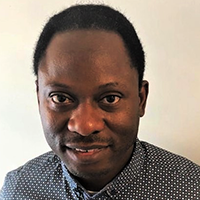
Victor Odele
Assembly of First Nations
FEHNCY Communications Coordinator
vodele@afn.ca

Élisabeth Gagné
Research Nurse

Stéphane Decelles
Université de Montréal
FEHNCY Research Consultant
(currently on parental leave)
stephane.decelles@umontreal.ca

Alexandrine Roy
Mobile Clinic Coordinator
Université Laval
alexandrine.roy@crchudequebec.ulaval.ca

Ariane Lafortune
Nutrition Research Coordinator
Université de Montréal
ariane.lafortune@umontreal.ca
Nathalie Ouellet
Université Laval
Laboratory Manager
Nathalie.Ouellet@inspq.qc.ca
Ana Deaconu
Universite de Montreal
ana.deaconu@umontreal.ca
RESEARCH PARTNERS
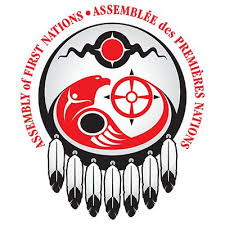
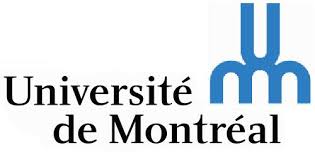




FUNDING PROVIDED BY:

